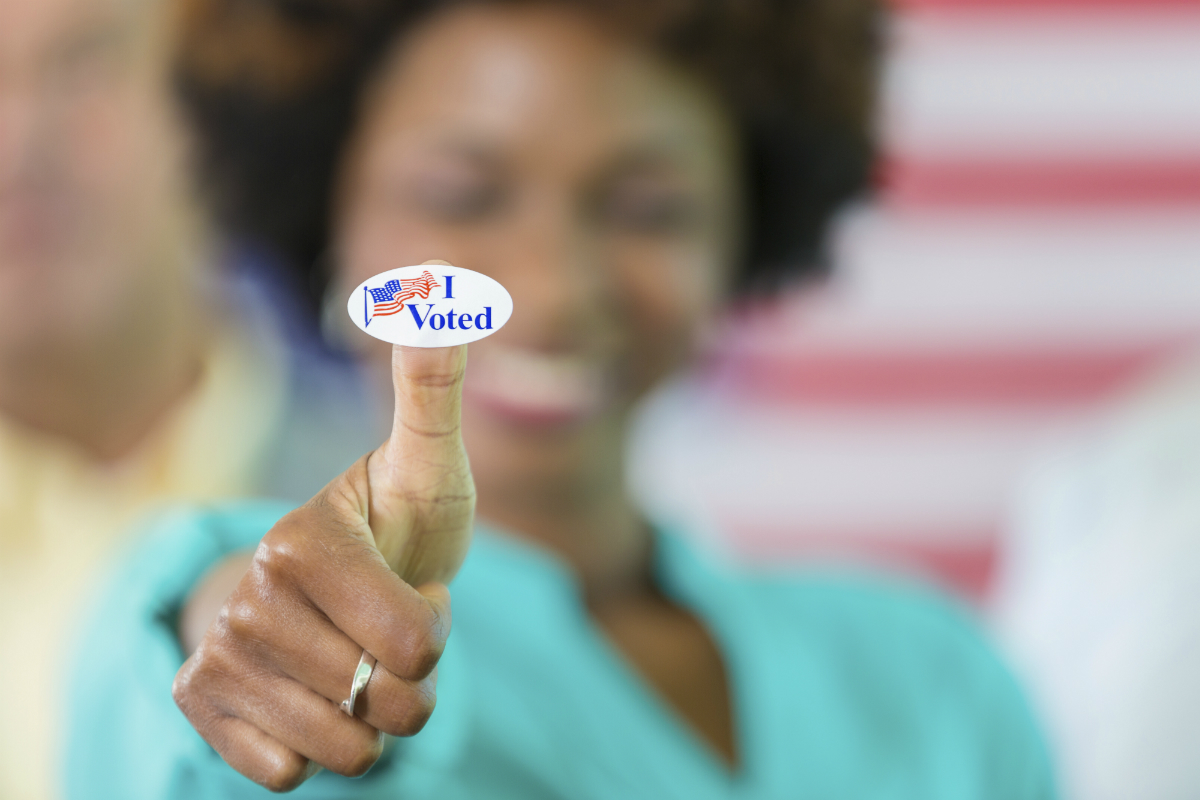After a long night counting votes, the election for president of the United States is left where experts predicted: in limbo while mail-in ballots are counted. Five states have still not been called — Alaska, Georgia, Nevada, North Carolina and Pennsylvania.
While the races for education-related propositions 15 and 18 have not yet been officially called, neither of the measures are ahead in polling as of 10:30 a.m. on Nov. 4. Prop. 16 has failed.
Proposition 15: Schools & Communities First initiative. When voters passed Proposition 13 in 1978, they dramatically shrank the funding base for public schools and community colleges in California by allowing landowners to pay taxes based on a property’s original purchase price instead of its market value. Prop. 15 would expand that base again by assessing commercial property tax based on market value for businesses that own California property worth more than $3 million, while allowing homeowners to keep their tax breaks. The tax change could generate up to $4.6 billion in new funding for K-12 schools (89 percent) and community colleges (11 percent), according to the state Legislative Analyst’s Office estimates. To give assessors time to re-evaluate properties, revenue will be gradual and funds will begin to be received in the 2022–23 school year, with full implementation in 2025–26. Proposition 15 is currently trailing with 51.7 percent ‘no’ votes.
Prop. 18: 17-year-old voters. Prop. 18 would allow 17-year-olds who will be 18 at the time of the general election to vote in the state primary and special elections. Supporters argue that this will allow young people to vote on important matters that directly affect them. Some studies have shown that people who vote from a young age are more likely to continue voting and that 17-year-olds score as well on civic knowledge as voters in their early 20s. Eighteen states have similar measures in place, according to the National Conference of State Legislatures. Prop. 18 is currently trailing with 55.1 percent ‘no’ votes.
Prop. 16: Affirmative Action, which would once again have allowed public colleges to consider race, gender, ethnicity and national origin in admissions and hiring decisions, reversing a constitutional amendment banning the practice in 1996 when voters passed Prop. 209, has failed. Enrollment of Black, Latino and Native American students dropped by an average of 12 percent across the University of California system, according to the university, and while numbers have rebounded somewhat since, those groups are still underrepresented at UC compared with their share of California’s population. Prop. 16 failed with 56.1 percent ‘no’ votes.
There may be some good news for local educational agencies across the state, however: 55 school districts have general obligation bonds for school facilities revenue going before voters, and at least a handful so far from Los Angeles to Siskiyou County appear to be on track for final approval.
Follow election results in real time with the CalMatters tracker.





